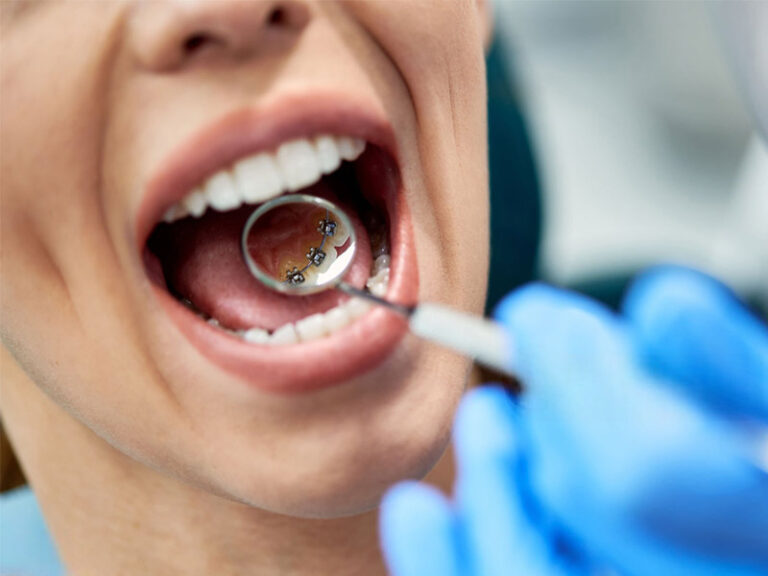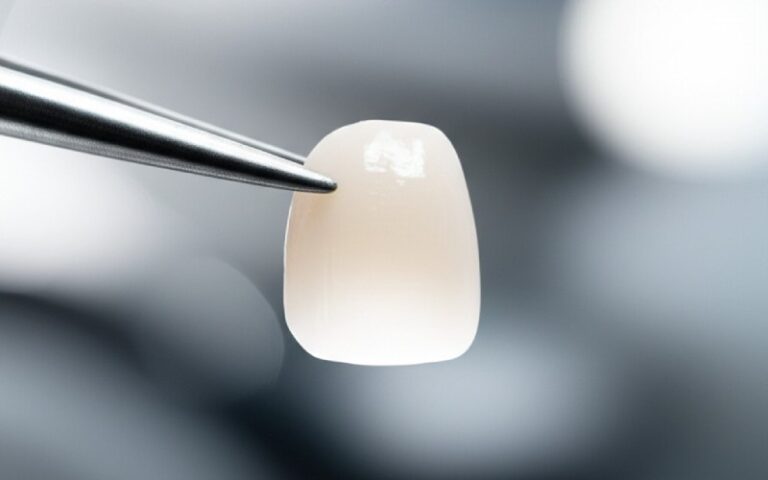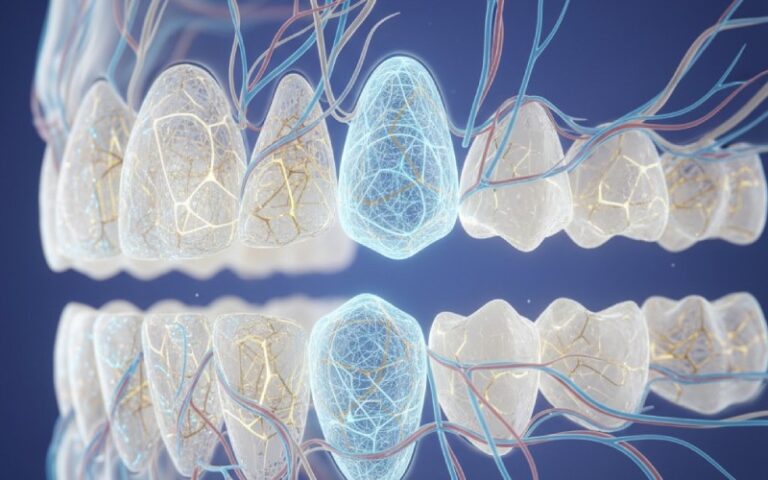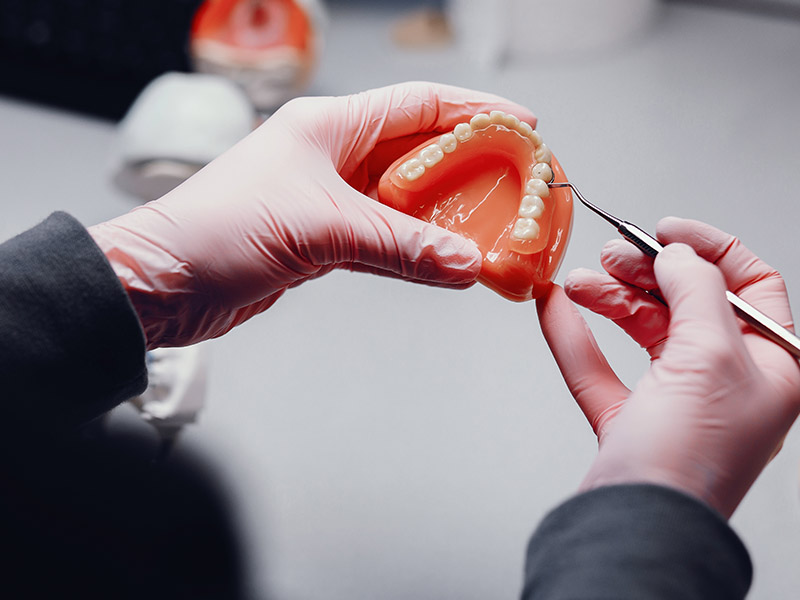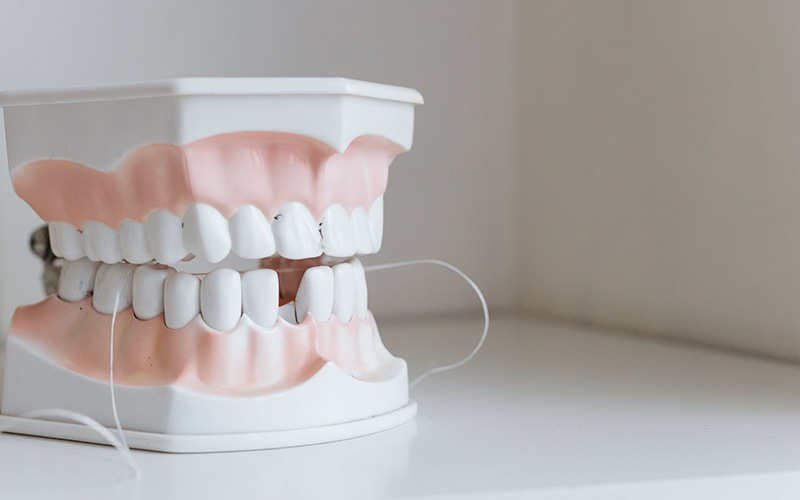
Shocking Facts About Missing Teeth: Why You Must Replace a Lost Tooth
I’ve been in the dental manufacturing field for a long time. I’ve seen how a healthy smile can change a person’s life. But I’ve also seen the problems that come from a single missing tooth. Many people think losing one tooth, especially a back tooth, is not a big deal. They are wrong. A gap in your smile is more than just a cosmetic issue. It can cause serious problems for your oral health and your overall well-being. This article will share some important facts about missing teeth. I will explain the hidden dangers of an empty space in your mouth. You will learn why it is so important to fill that gap and how modern dentistry can help you restore your smile and your health.
Indholdsfortegnelse
What Really Happens When You Lose a Tooth?
When you lose a tooth, the problem starts right away. The empty space might not seem like a big issue at first. But below the gum line, a change is happening. The root of your natural teeth does an important job. It stimulates your jawbone, keeping it strong and healthy. When a tooth is gone, that stimulation stops. The bone that supported the tooth no longer has a job. So, it begins to shrink and get weaker.
This is a problem many people don’t know about. They see the gap, but they don’t see the foundation crumbling underneath. This is one of the key consequences of missing teeth. The longer you wait, the more bone you can lose. This can change the shape of your face over time. It can make you look older. A missing tooth is a problem that gets worse, not better, with time. It affects the health of your entire mouth. Every tooth has a role to play.
Are Missing Teeth Just a Cosmetic Problem?
No, missing teeth are much more than a cosmetic issue. Of course, a gap, especially with your front teeth, can affect how you feel about your smile. It can lower your self-esteem and self-confidence. Many people with one or more missing teeth hide their smiles. They may feel shy in social settings. This impact on your confidence is very real and very important. You should feel confident when you smile and talk to people.
But the problems go much deeper. A missing tooth creates health problems that you cannot see. The gap can become a trap for food. This can lead to a buildup of plaque and bacteria. This increases your risk of gum disease and decay in the surrounding teeth. Your bite can also change, putting stress on your other teeth and your jaw. So while fixing a missing tooth or teeth improves your look, it is also vital for your long-term dental health.
How Can Missing Teeth Harm Your Oral Health?
Your oral health is a delicate balance. Every tooth helps to support the teeth next to it. When you have missing teeth, this balance is lost. The gap left by a missing tooth is the perfect place for bacteria to grow. This can increase your risk of gum disease. Gum disease can damage the gum and bone that hold your other teeth in place. This can even lead to more tooth loss.
Having missing teeth can also lead to other oral health problems. The change in your bite can cause pain in your jaw joint. You might get headaches. The remaining teeth have to work harder to chew food. This extra stress can weaken them and make them more likely to crack or wear down. Taking care of missing teeth is a key part of maintaining good oral hygiene and preventing future dental issues.
Can Missing One or More Teeth Affect How You Eat and Speak?
Yes, absolutely. Having missing one or more teeth can make it difficult to chew and speak. Your teeth are designed to work together to tear and grind food. When a tooth is missing, your ability to eat can be affected. You may have to avoid certain foods, like fresh fruits, vegetables, and nuts. This can lead to poor nutrition over time. Chewing on only one side of your mouth can strain your jaw muscles.
Speaking clearly also depends on your teeth. Your tongue and lips touch your teeth to make certain sounds. If you have missing teeth, especially in the front, you may develop a lisp. It can be hard to say some words clearly. This can be frustrating and embarrassing. A good tooth replacement helps you chew and speak properly again, letting you enjoy your favorite foods and talk with confidence. A good tooth is key.
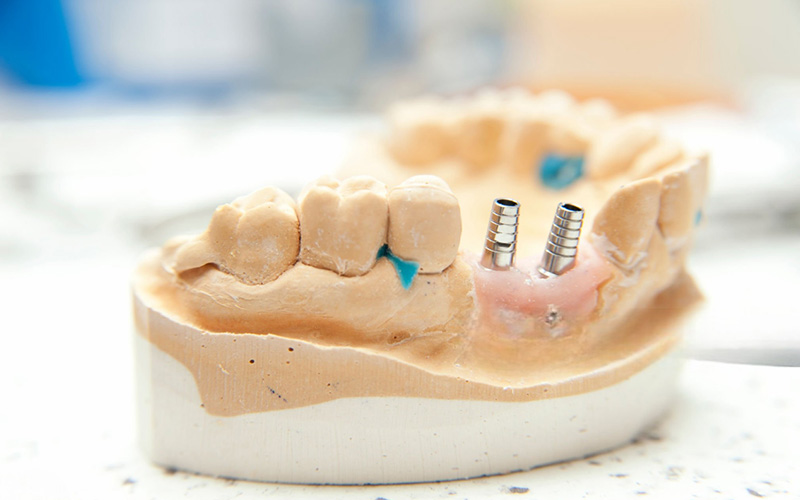
What is Bone Loss and Why is it a Big Deal After Tooth Loss?
Bone loss in your jaw is one of the most serious effects of a missing tooth. As I mentioned, your jawbone needs stimulation from your tooth roots to stay healthy. Without that stimulation, the bone structure begins to get smaller. The bone that used to hold the tooth in place starts to deteriorate. This process is called resorption. About 25% of the bone width can be lost in the first year after tooth loss.
This is a very big deal. This bone loss can weaken the support for the adjacent teeth, putting them at risk. It can also change your appearance. Your face might look sunken in. This is why a simple denture that just sits on the gum is not always a perfect solution. It does not stop bone loss. A dental implant, however, acts like a new tooth root. It fuses with the jawbone and provides the stimulation needed to keep the bone strong and healthy. The implant helps maintain a healthy bone.
Why Do the Other Teeth Weaken and Shift?
Imagine a row of books on a shelf. If you pull one book out, what happens? The books on either side start to lean and fall into the space. Your teeth work in a similar way. Each tooth helps hold the others in their proper place. When you have a gap left by a missing tooth, the teeth may start to shift. The teeth next to the gap can tilt. The tooth above or below the gap can move up or down into the space.
This shifting creates new problems. It can lead to misalignment and crooked teeth. A bad bite can cause jaw pain and wear on your other teeth. The new, awkward spaces created by shifting teeth are harder to clean. This can increase your risk of tooth decay and gum disease. So, one missing tooth can set off a chain reaction that damages many other healthy teeth. This shows how a single tooth is vital.
What Are the Main Causes of Tooth Loss?
People can lose a tooth for many reasons. One of the most common causes of tooth loss is poor oral health. This includes severe tooth decay (cavities) and gum disease. When decay reaches deep inside a tooth, it can destroy the tooth from within. Advanced gum disease, also called periodontitis, attacks the bone and tissues that support the teeth. This can make a tooth become loose and fall out or need to be removed by a dentist.
Injuries are another common cause to tooth loss. A blow to the face from a sports accident or a fall can knock out a tooth. Sometimes, a tooth is so badly cracked or damaged that it cannot be saved. In some cases, a tooth may be missing from birth due to a genetic condition. For older adults, years of wear and tear can also cause tooth loss. No matter the cause, the consequences of a missing tooth are the same. It’s important to know the facts about missing teeth.
What is the Best Tooth Replacement Option for You?
When you have experienced tooth loss, you have a few choices for tooth replacement. The options include things like a denture, dental bridges, or a dental implant. A denture is a removable plate that holds one or more false teeth. A bridge uses the teeth on either side of the gap to support a crown in the middle. These can be good solutions for some people.
However, many dentists today recommend dental implants as the best tooth replacement option. Why? Because an implant is the only solution that replaces the entire tooth, including the root. It doesn’t rely on the other teeth for support like a bridge does. It also stops the bone loss that happens with a missing tooth. As a manufacturer, I know the technology that goes into making a modern implant. It is designed to be a strong, permanent solution that feels and functions just like your natural teeth.
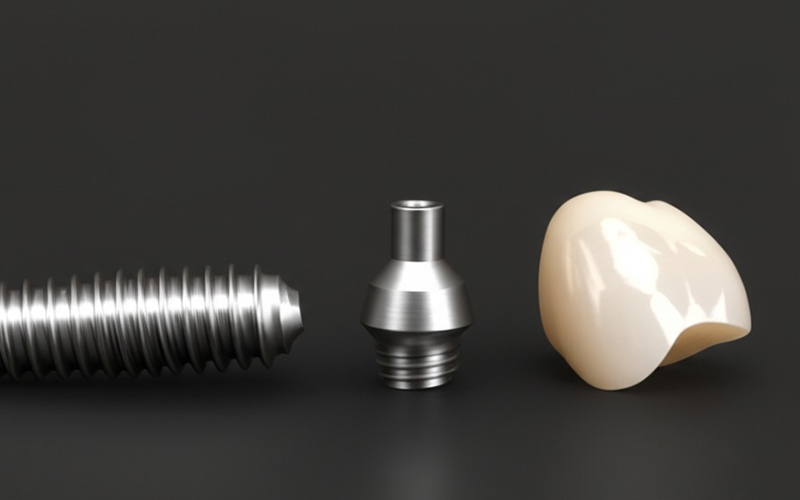
How Does a Dental Implant Work to Replace a Missing Tooth?
A dental implant is a small, strong post, usually made of titanium. It is surgically implanted into the jawbone where your missing tooth used to be. My company uses the latest technology to create these implants with extreme precision. We ensure they are strong and safe. The implant post acts as a new root for your replacement tooth. Over a few months, the jawbone grows around the implant and fuses with it. This process is called osseointegration. It creates a very strong and stable foundation.
Once the implant is secure, your dentist attaches a connector piece called an abutment. Finally, a custom-made crown is placed on top. This crown is designed to look and feel just like your other teeth. The final result is a new tooth that is permanently held in place. Unlike a denture, you don’t have to take it out. You can brush and floss it just like a normal tooth. The implant truly is a marvel of modern dentistry. It is a great tooth replacement solution.
How Can a Quality Implant Restore Your Smile and Well-being?
Replacing a missing tooth with a quality dental implant does more than just fill a gap. It gives you back your life. A well-made implant allows you to chew your food with ease. You can eat all the foods you love without worry. You can speak clearly and with confidence. A beautiful, complete smile can boost your self-esteem and make you feel great about your appearance. The teeth can have a significant impact on your happiness.
From my perspective as a manufacturer, our goal is to provide solutions like dental implants that truly solve the patient’s problem. We know that millions of Americans are affected by tooth loss. We are proud to create a product that stops bone loss, protects the remaining teeth, and gives people a permanent solution. An implant helps protect your oral health for years to come. It’s an investment in your health, your confidence, and your overall well-being. The right tooth replacement is vital, and a good implant can make all the difference for your permanent teeth and your lost tooth space. Talk to your dentist about your tooth replacement option.
Key Points to Remember
- A missing tooth is not just a cosmetic issue; it’s a serious health concern that can lead to major oral health problems.
- Losing even one tooth can cause tooth shifting, bite problems, and put extra strain on your other teeth.
- When a tooth is lost, the jawbone underneath begins to shrink. This is called bone loss and can change the shape of your face.
- Missing teeth create a breeding ground for bacteria, which can increase your risk of dental decay and gum disease.
- A dental implant is often the best solution because it replaces the tooth root, stops bone loss, and functions just like a natural tooth.
- Replacing a missing tooth can restore your ability to eat and speak properly, boost your confidence, and protect your long-term health.

